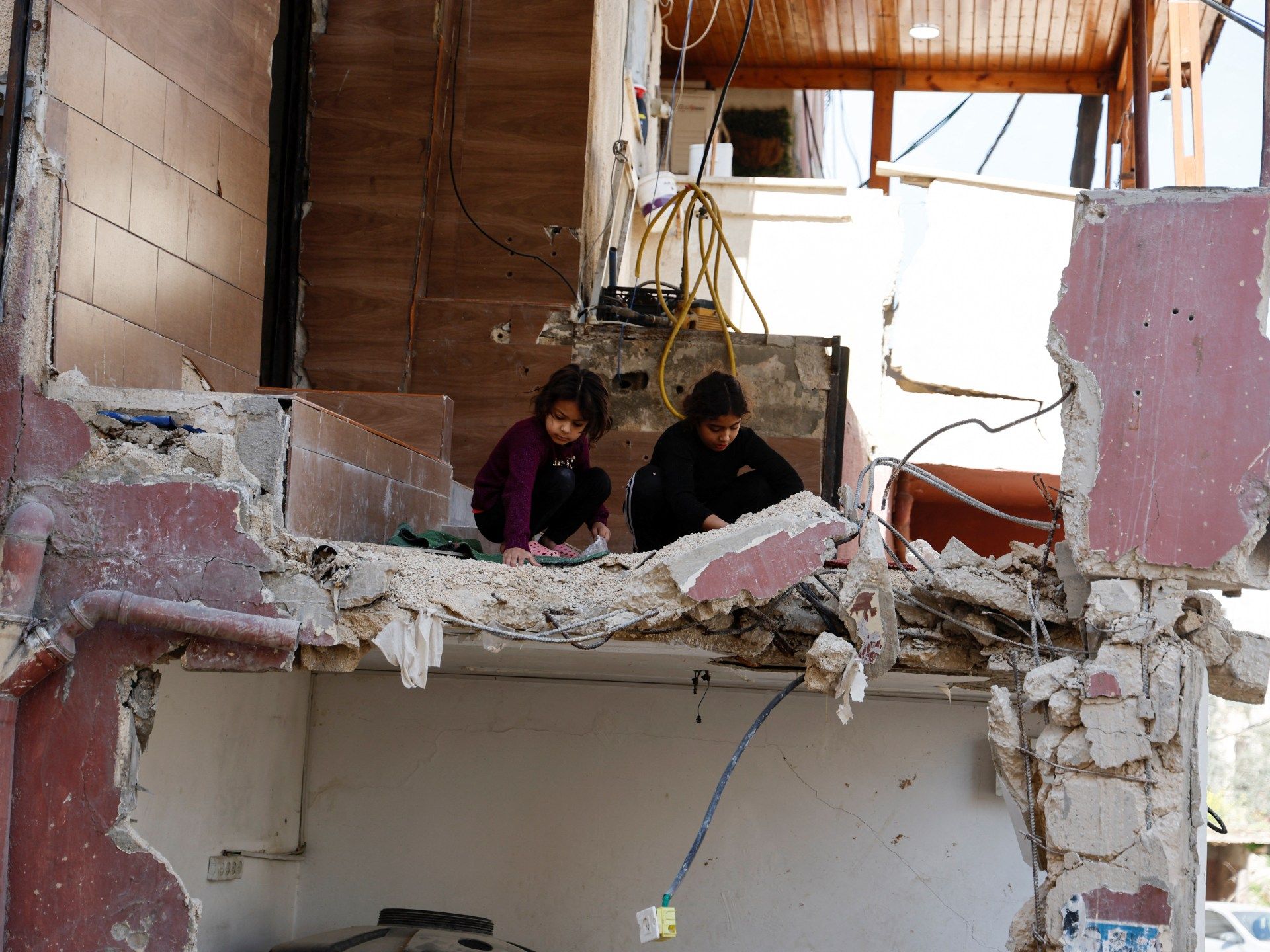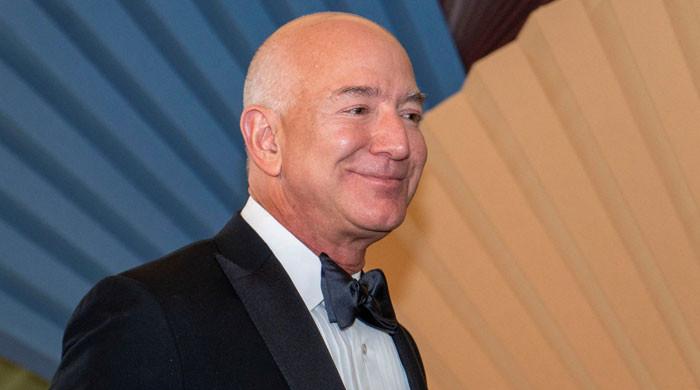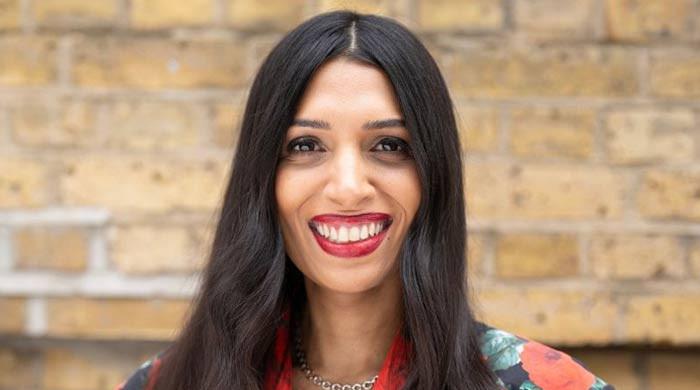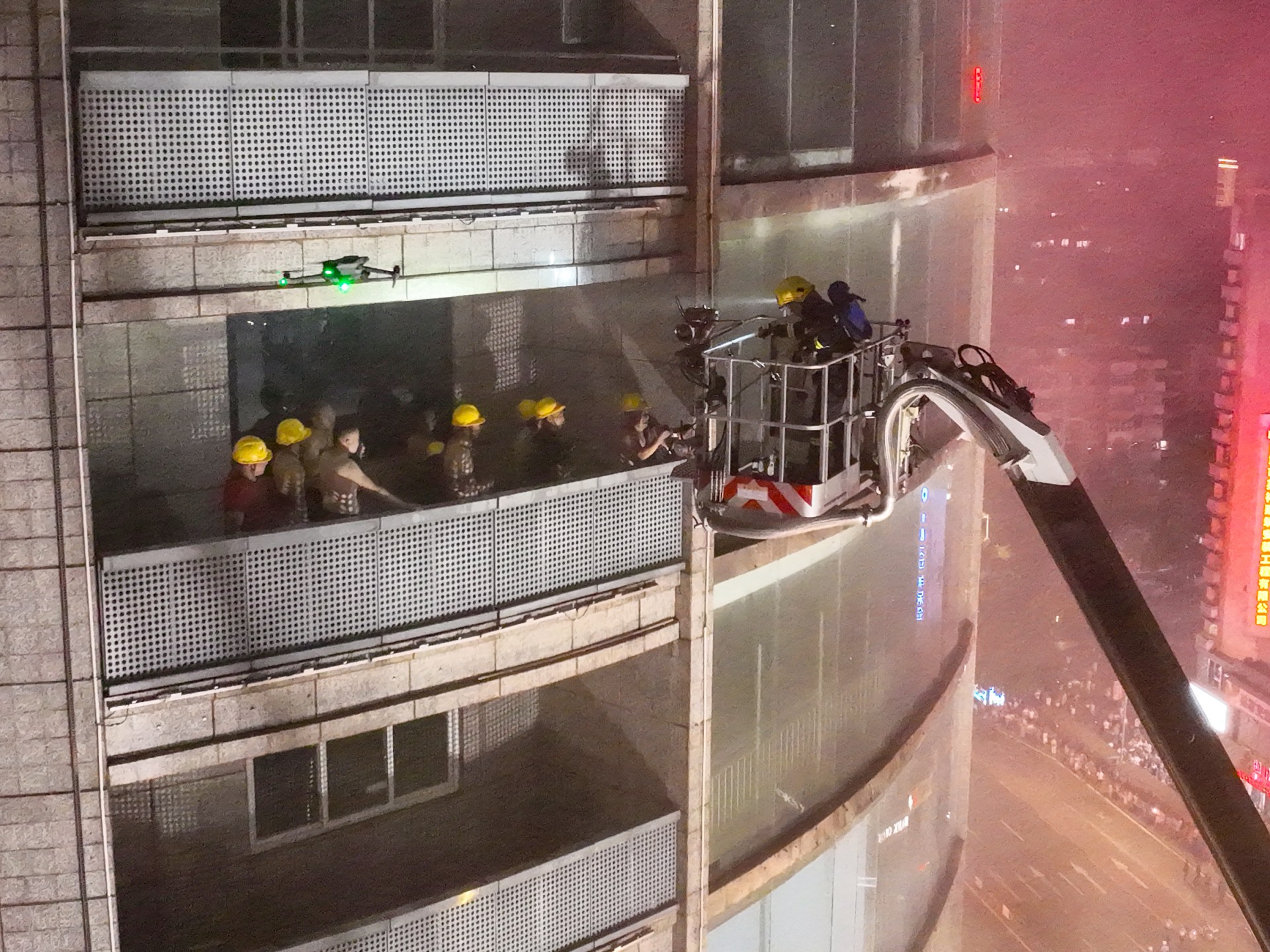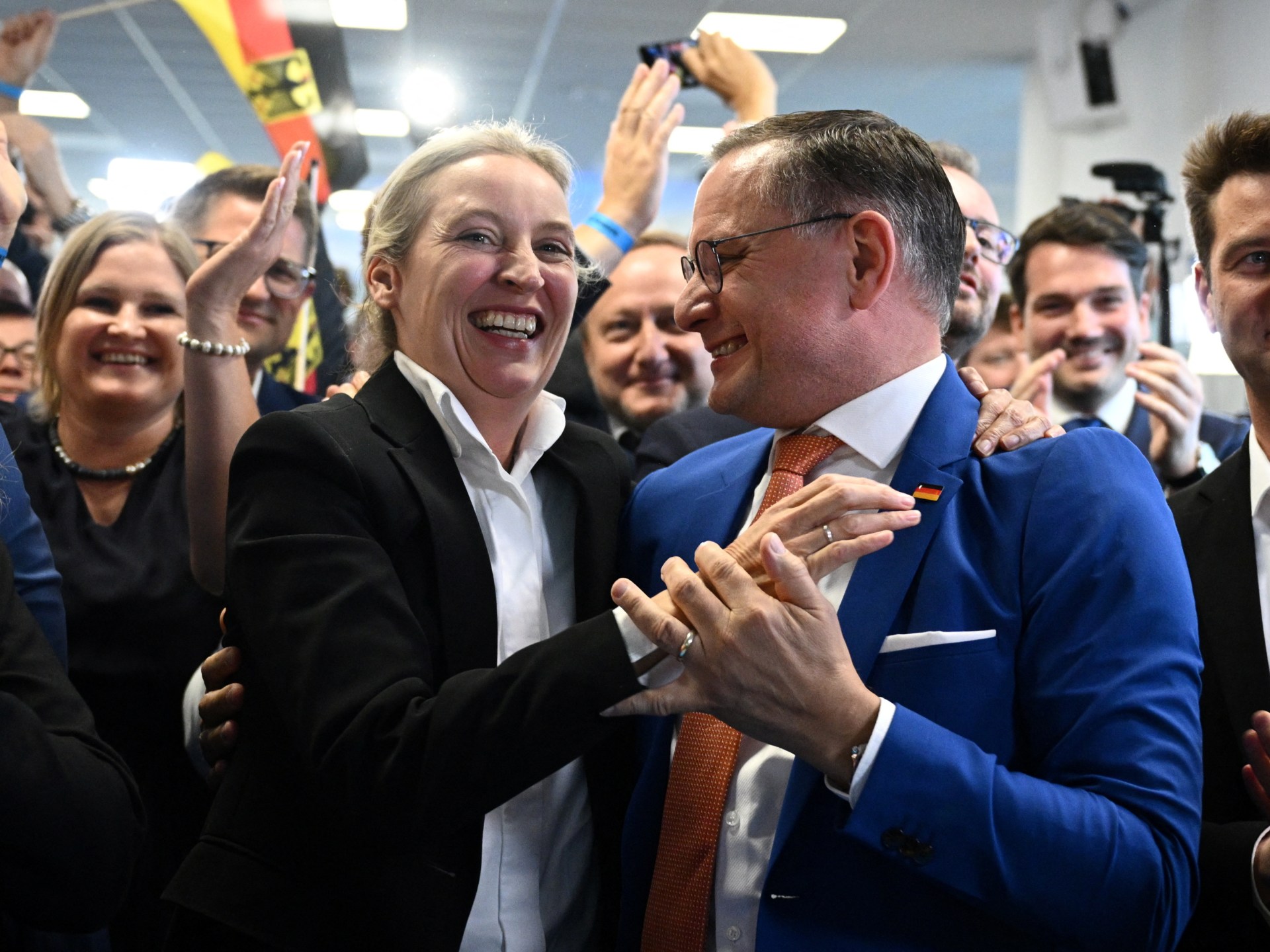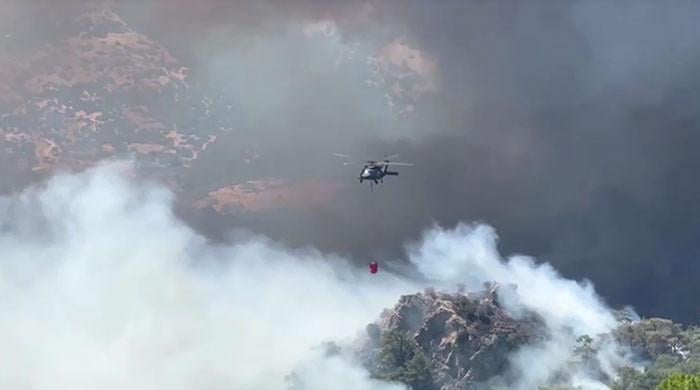For my colleague Mariam*, every morning is a prayer. After dropping her children off at school in a suburb near Nablus, she hopes that nothing will stop her from returning to them when her workday is over.
“We live in an open-air prison, wherever we are, we never feel safe. We have no sense of freedom. We can’t go from one place to another without having this fear… the checkpoints, the soldiers. Even if you don’t see them on the road, you’re always afraid that a settler will attack. I’m always afraid for the safety of my family, that they will be harmed or hurt. It’s that constant fear, that anxiety that you feel,” she told me recently as she arrived at work one morning.
Parents like Mariam live in constant fear that their children are not spared from the violence of the occupation that Palestinians suffer on a daily basis. The traumatic experience of another colleague, Mohammed*, also illustrates this point.
Last spring, Ali*, his 12-year-old son, was on his way to school in East Jerusalem when Israeli soldiers standing on the side of the road asked him to stop and show his Palestinian ID. Ali asked why he had to do this, since it was not a checkpoint, and explained that he would be late for school.
One of the Israeli soldiers physically restrained him, wounding him in the crotch. The boy had the reflex to push the Israeli soldier away in response to the sudden, sharp pain. Ali was detained and placed under house arrest for a week. His parents suddenly and forcibly became caregivers and “enforcers,” which deeply affected the family dynamics.
In East Jerusalem, Gaza and the West Bank, Palestinians have not known “normality” for decades. The psychological effects of occupation and relentless oppression resonate in every aspect of Palestinian life.
From controlled access to water and food, to home demolitions, checkpoints and horrific arbitrary arrests, children, women and men have been living under constant anguish and fear of possible threats.
For Palestinians, humiliation at the hands of the occupying forces is a daily brutality that they must endure in silence to avoid further escalation of violence. This is having a particularly severe impact on men, fathers and young teenagers, who feel helpless.
In the face of oppression, Palestinians are constantly denied their humanity and experience. The fear and helplessness inflicted on them from early childhood affects fundamental beliefs and behaviours. Children learn that the world is not a safe place to be themselves, that they are constantly threatened simply for being who they are. This worldview imposed on Palestinians destroys dreams and kills hope.
Moreover, the violence of the occupation – whether it be the persecution of children, the capital of Palestinian society, or the burning of olive trees, a means of livelihood and symbol of Palestinian attachment to their land – produces a trauma that is transmitted from generation to generation.
This inevitably affects the Palestinian social fabric, both in communities and families. It alters the ways people relate to each other, erodes trust and generates tension.
Many Palestinians describe life under occupation as a constant feeling of “makhnouqeen” or “suffocation”; the past nearly nine months have been even worse than that.
The ongoing war in Gaza is changing the parameters of absolute violence and terror. More than 37,000 Palestinians have been killed, including more than 15,000 children, and more than 84,000 have been injured.
Behind these numbers are stories of unfathomable pain and loss: mothers giving birth to their children under the horrifying sound of shelling, children enduring the excruciating pain of amputations without anesthesia, and health workers risking their own lives to treat patients in a collapsed medical system hanging by the last threads of humble Palestinian perseverance. Generations of memories are buried under the rubble along with the bodies of loved ones who could not be removed and properly buried. Knowledge and learning accumulated over centuries is erased in burned-out universities, schools, libraries and archives.
Unprecedented violence is also taking place in the West Bank and East Jerusalem. Casualties are rising at an alarming rate. Between 7 October and 24 June, 536 Palestinians, including 130 children, have been killed and 5,370 injured. Daily arrests and arbitrary detentions have increased dramatically, including those of children who are often tried in military courts.
Military raids on homes have intensified, shattering families' sleep, terrorizing children and humiliating parents, who are too often deprived of their ability to protect their families.
Palestinians are often praised for their remarkable resilience and steadfastness. When faced with the threat of annihilation, they have repeatedly demonstrated enormous courage and determination. Homes, roads, holy sites and hospitals may be shattered and destroyed forever, but their spirits are not. Palestinians continue to persevere in the face of colossal human suffering.
However, praise for Palestinian steadfastness must not normalise the increasing violence against Palestinians. This must end. No people can or should tolerate this unprecedented level of brutality for so long.
Beyond international solidarity, the Palestinian people need concrete political actions that lead to moral and political accountability. The international community must not only stop the war in Gaza, but also definitively and firmly end the Israeli occupation of Palestinian lands.
There can be no healing without recognition of the profound collective and historical trauma inflicted on the Palestinian people; and there can be no recognition without tangible action and accountability.
*The names of the people mentioned in this article have been changed to protect their identity out of concern for their safety.
The views expressed in this article are those of the author and do not necessarily reflect the editorial stance of Al Jazeera.

